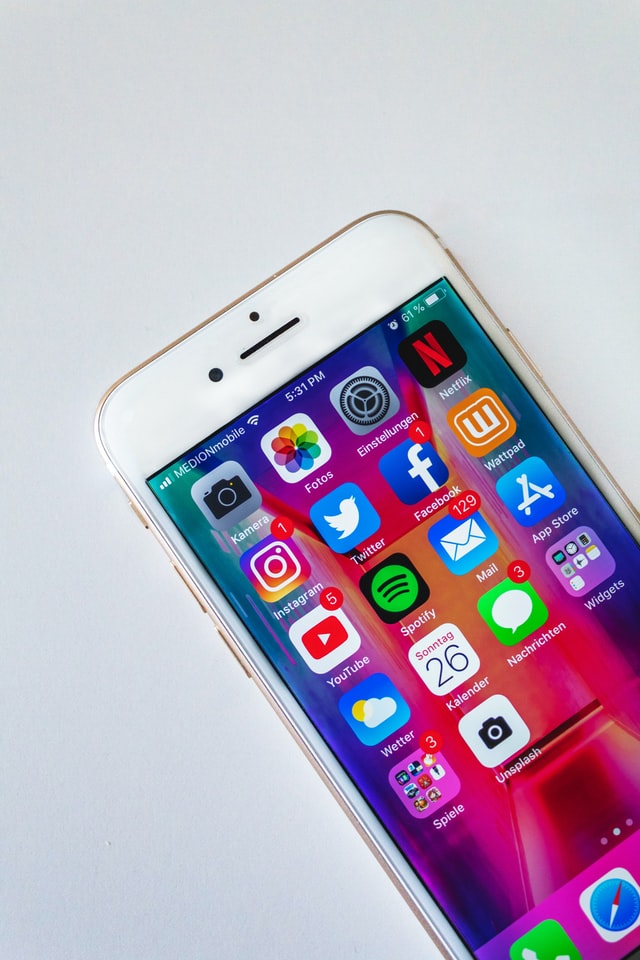 Marketers are not improving their ability to measure social media ROI. That’s just one of the findings from the just-released 2020 Social Media Marketing Industry Report from Social Media Examiner.
Marketers are not improving their ability to measure social media ROI. That’s just one of the findings from the just-released 2020 Social Media Marketing Industry Report from Social Media Examiner.
Only 35% of marketers agreed they were able to measure their organic social activities, down from 44% in 2019. Inability to measure social media ROI has plagued marketers for years. Other surveys have also indicated that the issue poses ongoing difficulties.
Experts say the main steps for measuring social media ROI include: Set specific, measurable goals for social media campaigns and select metrics that can measure those goals, use a media monitoring dashboard that integrates all forms of media into a single dashboard and select a measurement tool with robust analytics.
Despite ROI measurement challenges, marketers cite many benefits of social media, especially increased exposure. About two-thirds say it generates leads and 59% say it improves sales, according to the report.
More Insights into Social Media Marketing Trends
Facebook remains the dominant social media marketing channel even while marketers stray away from the platform. For the last two years, Facebook lost share as the most important platform for marketers.
Facebook dropped from 67% in 2018 to 59% in 2020 as the single most important marketing platform. One in ten marketers indicated they’ll be decreasing their organic marketing on Facebook. Though a robust 50% of marketers plan on increasing their Facebook organic activities, that’s down from 62% two years ago.
Still, almost all marketers (94%) use Facebook, and 59% claim Facebook is their most important social platform. In addition, Facebook Live is the leading live video platform, Facebook ads are used by 70% of marketers and 58% plan on increasing their use of Facebook ads over the next 12 months.
Some marketing experts say Facebook is becoming a paid-only channel, as the platform smothers brands’ organic reach in order to encourage advertising. Others say Facebook Stories and Groups offer viable nonpaid strategies on the network.
Instagram, owned by Facebook, is growing: Seventy-six percent of marketers are using Instagram, now the second most important social platform for marketing after Facebook. About two-thirds of marketers plan to increase Instagram organic activities over the next 12 months. Instagram is the number-one platform marketers want to learn more about. The findings indicate that more brands can benefit by connecting with audiences on Instagram.
Interest in Messenger chatbots is declining: Messenger bots haven’t caught on with marketers. Only 13% of marketers are using bots, down from 14% in 2019. Most marketers have no plans to use Messenger bots and only 25% plan on increasing their bot activities, down from 32% in 2019. Interest in learning more about Messenger bots dropped to 39% from 70% in 2018.
TikTok is ignored by most marketers: Only 5% of marketers are using TikTok, despite its growing popularity especially among youngsters. A significant 74% do not plan on using the platform in the next year, though 30% are interested in learning more about TikTok.
The mobile app known for teen-aged music and dance videos has rocketed to immense popularity. Marketers may feel they already have their hands full with the current platforms, but a few trailblazing brands launched marketing and PR campaigns on the app.
YouTube interest is high: More than two-thirds of marketers plan to increase YouTube video marketing and 73% want to learn more about marketing on the platform. YouTube is the number-one video channel, used by 55% of marketers.
Bottom Line: Relatively few marketers can measure their social media ROI, according to the latest Social Media Marketing Industry Report. Despite the measurement challenger, marketers say social media offers many benefits, including increased awareness, website traffic and leads.
Download the Ebook: How to Choose the Best Social Media Monitoring & Measurement Service

Michael Kling is manager of public relations, marketing and social media at Glean.info, a media monitoring and measurement service that provides customized media monitoring and PR analytics solutions.




